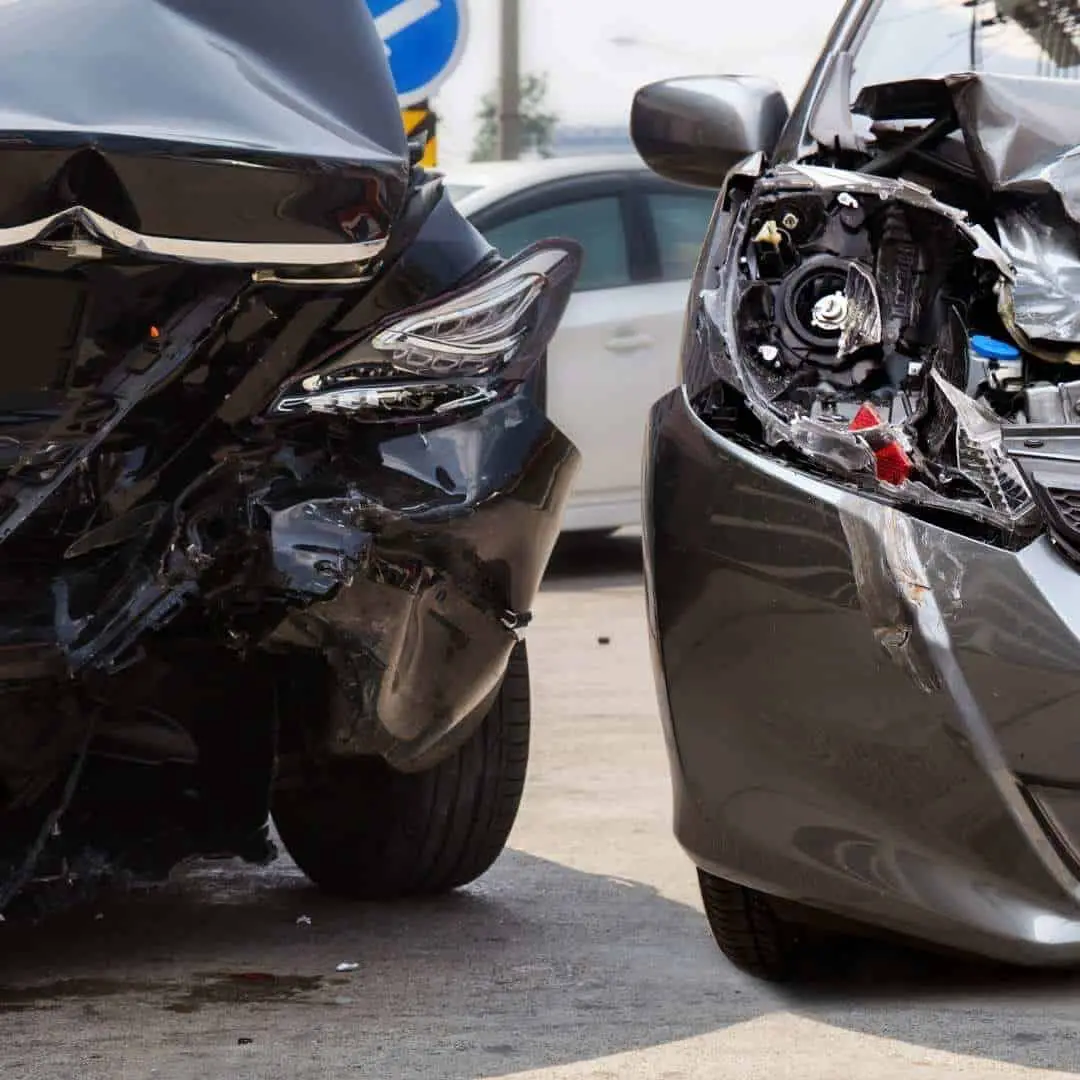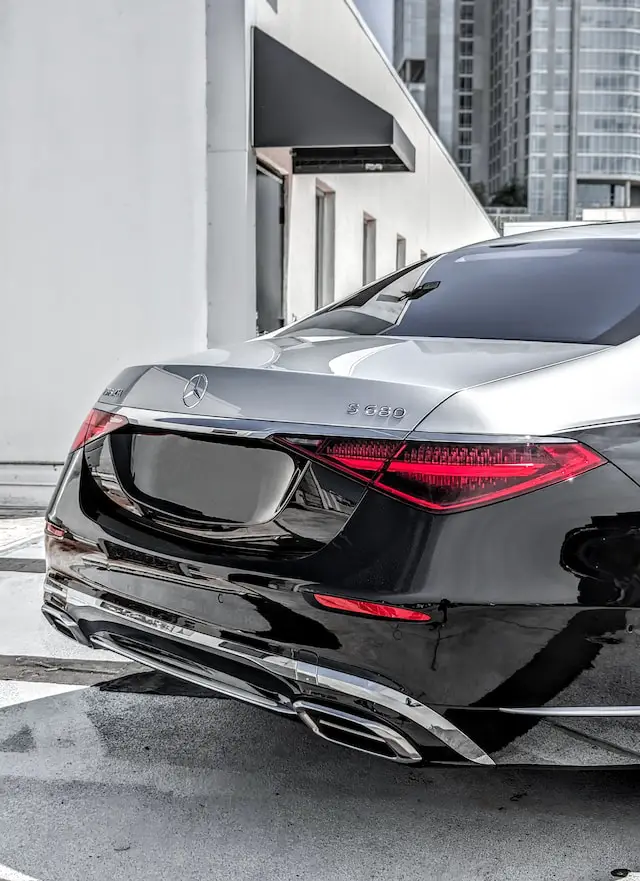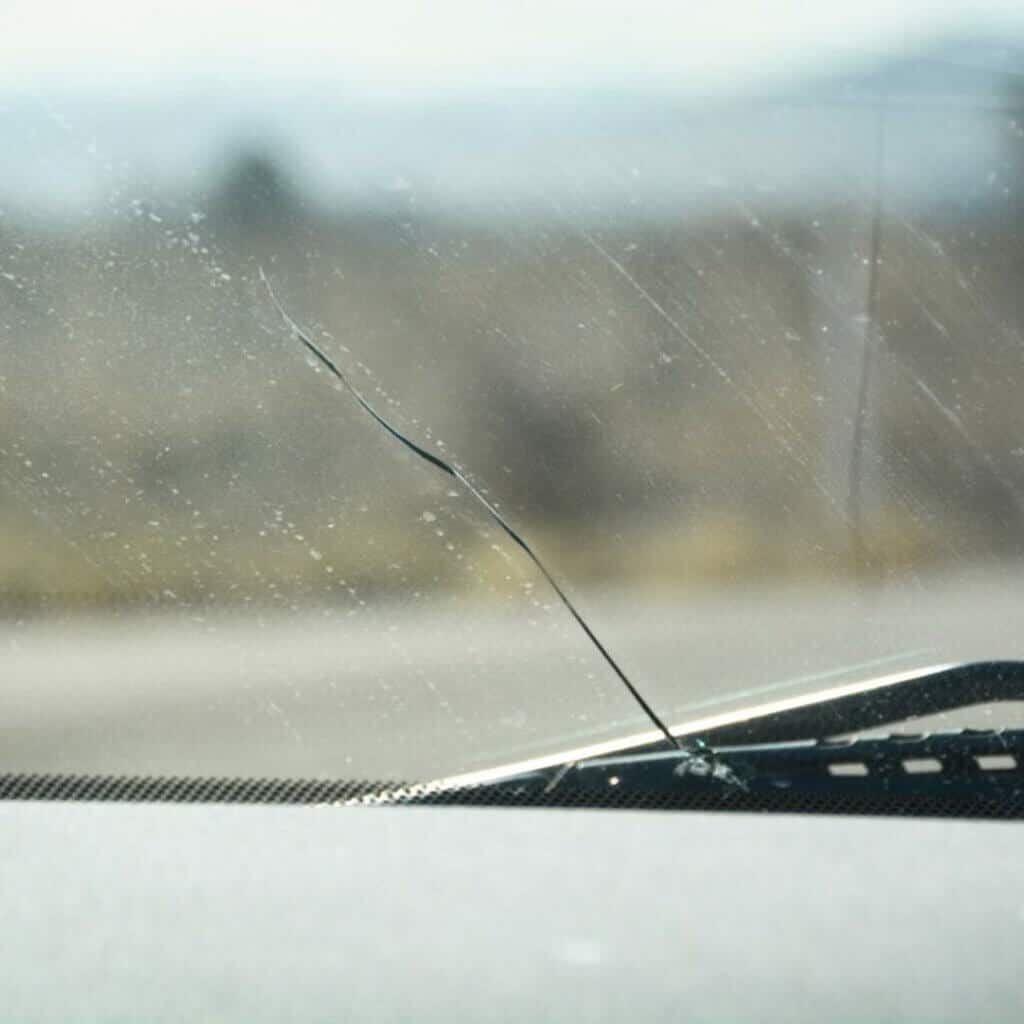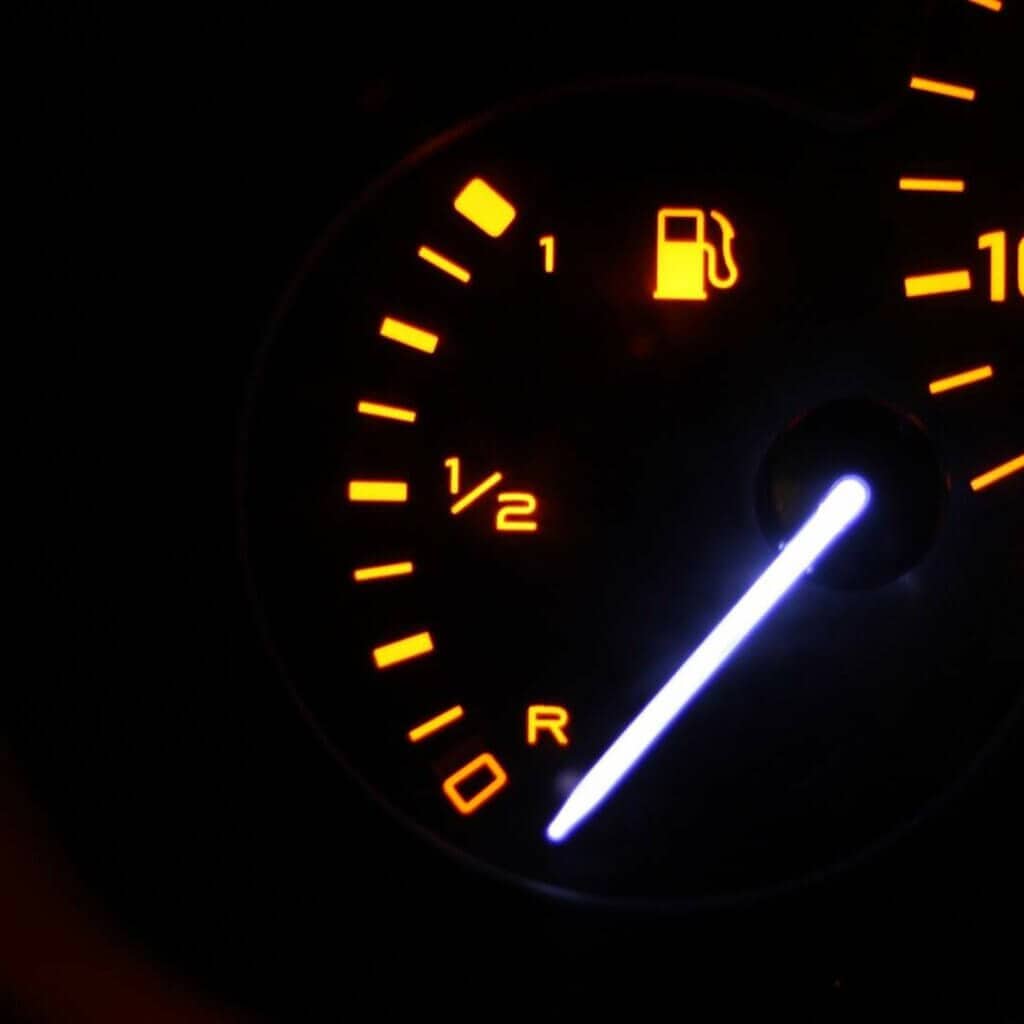What is the difference between commercial vs. personal auto insurance?
Auto insurance is a critical aspect of our lives, providing financial protection in the event of accidents and other unforeseen circumstances on the road. It is a legally mandated requirement in many countries, intended to ensure that drivers have the necessary coverage to handle potential damages and injuries resulting from their actions.
By understanding the basics of auto insurance, individuals can make informed decisions and select the policy that best fits their driving needs and circumstances.
Numerous factors influence auto insurance rates, with driving history being one of the most significant. Insurance companies consider past accidents, traffic violations, and claims made by the driver when calculating premiums.
The type of vehicle, its age, and the driver’s age and gender can also impact insurance rates.
By considering these factors, insurance providers aim to assess the level of risk associated with insuring a specific driver and vehicle combination. Understanding these elements is crucial for individuals seeking the best coverage for their particular driving habits and circumstances.
Identifying the Purpose of Commercial Auto Insurance

Commercial auto insurance serves a distinct purpose in the realm of insurance coverage. Its primary function is to provide protection for vehicles used for business purposes. This type of insurance is crucial for businesses that rely on vehicles to carry out their daily operations, such as delivery companies, taxis, ride-sharing services, and trucking companies.
One of the key reasons businesses opt for commercial auto insurance is the potential for liability. In the event of a fault accident involving a company vehicle, the business may be held responsible for any damages or injuries caused.
Commercial auto insurance helps protect businesses from financial repercussions arising from such accidents. Moreover, having commercial auto insurance may also be a requirement when leasing or financing vehicles for business use.
When considering commercial auto insurance coverage, businesses have the opportunity to explore different options and customize their policies to suit their specific needs.
Similar to personal auto insurance, the cost of commercial auto insurance can vary depending on several factors. These include the type of business, the number of vehicles insured, the area of operation, and the driving records of the employees.
Some businesses may be able to secure a more affordable premium if they have a clean driving record or if they choose to insure their vehicles with the cheapest car insurance company available to them.
Some insurers, such as Insurance Navy, offer insurance discounts for businesses that implement safety precautions or have a fleet management system in place.
Commercial vs. Personal Auto Insurance

When it comes to auto insurance, understanding the difference between personal and commercial coverage is essential. While both types of insurance aim to protect your vehicle and finances, they cater to different needs and circumstances.
Personal Auto Insurance
Personal auto insurance is designed for individuals who use their vehicles for personal use and everyday commuting. It typically offers coverage options such as liability, collision, and comprehensive, which protect against damages caused by accidents, theft, and natural disasters.
Personal auto insurance providers often offer various plans and options to fit different budgets, allowing consumers to compare and choose the option that suits their needs the best.
However, keep in mind that the cheapest option may not always be the most comprehensive, so it’s essential to consider factors like coverage limits and deductibles when selecting a policy from cheap car insurance companies. [1]
When it comes to personal auto insurance, there are several coverage types you need to consider. The first and most basic type is liability coverage, which protects you financially if you cause an accident that results in injury or property damage to others. This coverage is typically mandatory in most states, and it’s important to have enough to meet the minimum requirements set by your state.
Collision coverage is another option to consider. This coverage helps pay for repairs or replacement of your vehicle if it’s damaged in a collision, regardless of who is at fault.
Having collision coverage can provide you with peace of mind, knowing that you won’t be left with a huge repair bill if you’re involved in an accident.
Another coverage type to consider is comprehensive coverage. This coverage helps protect your vehicle from non-collision-related incidents, such as theft, vandalism, or damage from natural disasters.
While not typically required by law, comprehensive coverage can be a valuable addition to your auto insurance policy, especially if you live in an area prone to these types of risks.
Personal injury protection (PIP) is another coverage type that can be beneficial. PIP coverage helps pay for medical expenses, lost wages, and other related costs if you or your passengers are injured in an accident. It’s important to note that some states require PIP coverage, while others offer it as an optional addition to your auto insurance policy.
To find the cheapest car insurance quotes and the best coverage options, it’s advisable to shop around and compare policies from different insurance companies.
Commercial Auto Insurance
Commercial auto insurance offers a wide range of coverage types tailored specifically for businesses and their vehicles. One important aspect to consider is the cost of the policy. Companies can find cheap auto insurance options by comparing rates from different providers.
However, it’s crucial to keep in mind that the cost of commercial auto insurance is influenced by various factors, such as the business’s driving record and credit score. A poor driving record with multiple accidents or traffic violations can lead to higher premiums, as insurers consider such businesses to be higher risk.
Similarly, a low credit score may also result in higher rates, as it can indicate potential financial instability. By maintaining a clean driving record and a good credit score, businesses can potentially reduce their commercial auto insurance costs and ensure financial protection in case of accidents or property damage.
In addition to cost considerations, commercial auto insurance offers various coverage types designed to meet the unique needs of businesses. Liability coverage is a fundamental component that protects businesses from legal claims resulting from accidents for which they are responsible.
This coverage helps pay for property damage, medical expenses, and legal costs. Another important coverage type is comprehensive and collision coverage. It pays for damages to the insured vehicle caused by accidents, theft, vandalism, or other covered perils. This type of coverage is particularly crucial for businesses that rely heavily on their vehicles for daily operations.
Commercial auto insurance policies can also include coverage for uninsured or underinsured motorists, medical payments, and non-owned or hired vehicles. Understanding these coverage types is essential for businesses to ensure they have adequate protection in every aspect of their commercial vehicle operations.
Read Also: Chevy Silverado 4-Wheel Drive Won’t Disengage
Conclusion
Understanding the differences between personal and commercial auto insurance is essential for anyone who owns and operates vehicles. Selecting the appropriate coverage type ensures that you are adequately protected while avoiding unnecessary expenses.
Whether you’re a business owner or an individual driver, making an informed choice about your auto insurance can provide peace of mind on the road.
Read Next: Avis vs. Hertz





